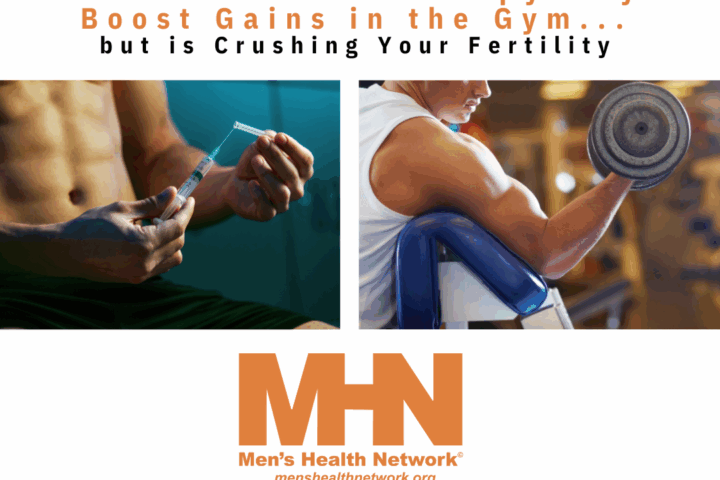A couple of months ago I discussed how to boost your testosterone; now let’s focus on the myriad of causes and symptoms of low testosterone or hypogonadism.
Male hypogonadism can be congenital or can develop later in life. Your symptoms and treatment options will depend on at what point your hypogonadism occurs. For example, hypogonadism during puberty can decrease muscle mass development, impair deepening of the voice or impair body hair and penis/testicle growth. As an adult, men can experience erectile dysfunction, infertility, decreased body hair growth, decreased sex drive, decreased muscle mass, development of breast tissue (gynecomastia), decreased bone mass, fatigue or hot flashes.
Depending on where the decrease in production/regulation originates determines what kind of hypogonadism (and corresponding treatment) one has. For example, when the testes are the source of the problem, it’s called primary hypogonadism; when the pituitary gland or hypothalamus fail to regulate testosterone, it’s referred to as secondary hypogonadism. Primary hypogonadism commonly results from an inability of the testes to produce testosterone and can result from Klinefelter syndrome, undescended or injured testicles, mumps or cancer treatment, just to name a few. Secondary hypogonadism, on the other hand, can be due to factors affecting the pituitary gland and/or hypothalamus and may include an abnormal development of the hypothalamus, pituitary disorders, tuberculosis or other inflammatory diseases, HIV/AIDS, obesity, medications or natural aging.
In addition to a physical examination, your physician may test your blood testosterone levels. These tests are usually performed in the morning and at other set times throughout the day since the levels tend to fluctuate throughout the day. Testosterone levels typically range from about 270 nanograms per deciliter (ng/dL) to about 1,200 ng/dL.
Treatment for hypogonadism due to testicular deficiency often includes hormone replacement to help restore sexual drive, muscle mass and prevent bone loss. Testosterone replacement may be administered via injection, patch, gel or orally. Hypogonadism due to the pituitary gland may be treated with pituitary hormones.
Even if your testosterone is normal, men with erectile difficulties have been found to have other problems, including heart disease. Either way, speak with your doctor about your symptoms and treatment options.



